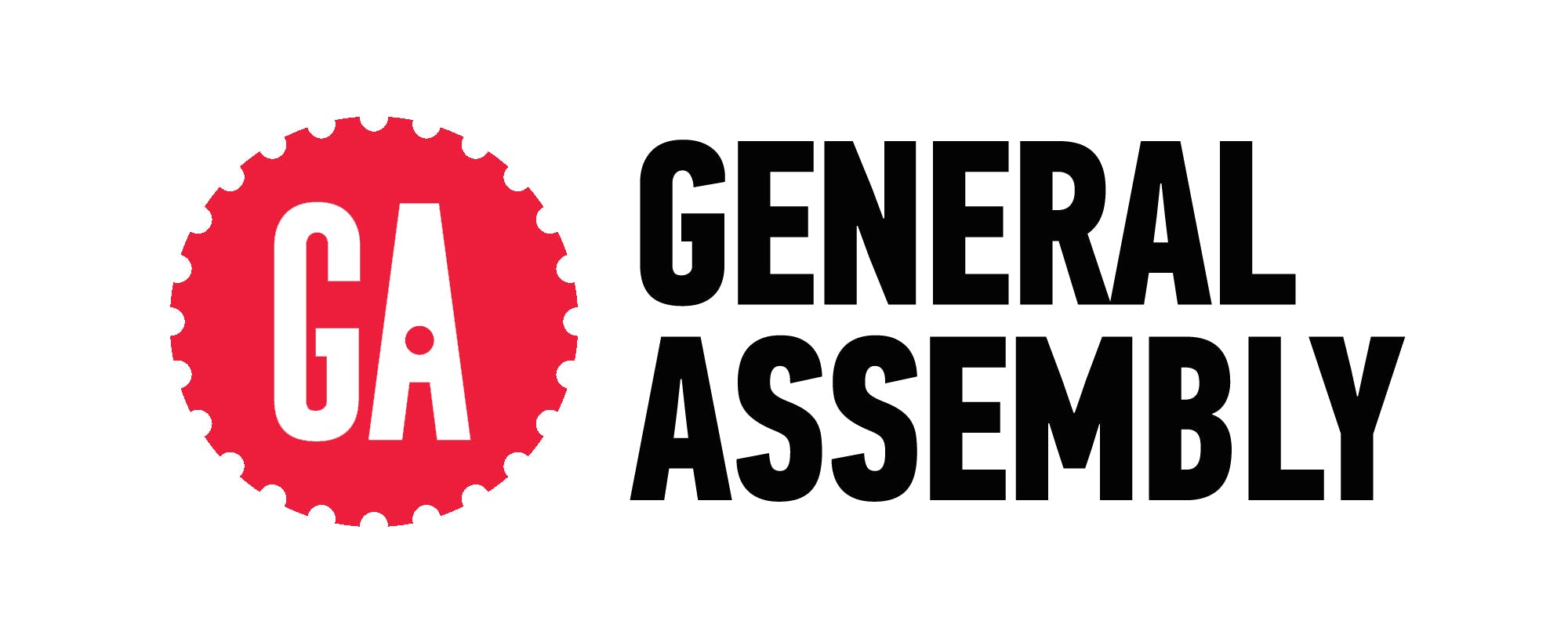 Tonight I attended an interesting talk at General Assembly by Charlie O’Donnell, discussing finding pathways with startup jobs. A few brief notes:
Tonight I attended an interesting talk at General Assembly by Charlie O’Donnell, discussing finding pathways with startup jobs. A few brief notes:
Notes:
- In the world of startups and startup skills that are applicable to emerging startups, it’s possible to teach yourself the skills you need in one to two years. Even if you want to be a mobile developer, it’s easy enough to get good enough to work at a startup in 1-2 years. It’s all about making the upfront investment.
- With business skills – with commitment, it’s possible to get the skills you need fairly quickly to get in at a startup.
- Specialization – Use a concept like “pricing” or “globilization” or “scaling and people management” as a field to become an expert in, and make yourself extremely valuable to startups. Find a specific niche and get really good at it.
 Once you have specialized in one specific niche of the market, you can approach companies with your specific competency and tell them how you can make them money, rather than asking them what they need you to do. Start a blog about the thing you’re getting really good at. Key differentiator when a potential employer is looking at your resume.
Once you have specialized in one specific niche of the market, you can approach companies with your specific competency and tell them how you can make them money, rather than asking them what they need you to do. Start a blog about the thing you’re getting really good at. Key differentiator when a potential employer is looking at your resume.- Established Networks – super important. If publishing is your thing and you have a huge amount of contacts in the publishing industry, then in some cases an employer would hire just because of your pre-existing network. Building up a great network can be a very valuable asset for a startup.
- Enable the conversion – even if the market research, white paper, etc you did for a company doesnt go viral, there’s still opportunity to make the most of it.
- Is it a worthwhile entry strategy to offer yourself for free? Pennygap theory. Sometimes – a bit of free work can help build a good portfolio, but it doesn’t necessarily have to be free. Come to them with a specific, quantifiable deliverable that’s in definite need.
- Social media presence is important. Blogging is super important. Write down your thoughts on the industry, build up a giant database on your knowledge of everything. Prove that you are the expert by recording it.
- App suggestion: App that notifies you of job changes in LinkedIn – JobChangeNotifier. Coverage on Mashable – “You simply connect your LinkedIn profile, check off the contacts that you wish to track and start receiving email notifications when any of them change jobs. There’s no dashboard or newsfeed, but the app does the job for casual LinkedIn users.”
- “What do you hate about the NYC startup culture?” – A lot of the smartest, most experience people don’t have time to share in the public conversation. Too easy for inexperienced people to gain a powerful voice.
- Project management is somebody cracking a whip. Product management is somebody deciding which whip to crack.
Startup Jobs: Find Your Path // BUSINESS 473
Charlie O’Donnell
Thursday, December 15th from 8:00 – 9:30 pmWhen you work for Chase, you go from Assistant Vice President to Vice President to Executive Vice President. The path to the top is very clear.
In the startup world, what’s the next job after failed startup CEO? What does that qualify you for? How do you handle failure, the decision to move on from companies you founded, or when to jump ship from the corporate job, and where to start?
Charlie O’Donnell, who has been an active member of the NYC startup community for seven years in roles ranging from venture capital to being an entrepreneur with some product management in between, will provide students with best practices for navigating the non-obvious paths of a career in innovation.
